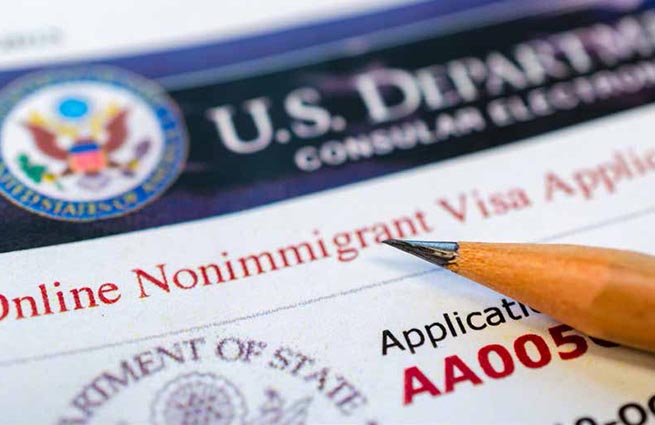Employee Benefits Reports
How to Keep Employees from Raiding Retirement Funds
The COVID-19 pandemic has wreaked havoc upon the finances of many employees, and some have been forced to use funds from their retirement plans. A spokesman for Betterment for Business, which offers 401(k) plans, pointed out that retirement savings plans represent the bulk of what most Americans have saved, and, in some cases, is all…
Read MoreRetirement Plans: Cash Flow Problem Solver
Cash flow is a big concern for both employers and employees, and the $2 trillion coronavirus economic relief bill and existing regulations provides an unlikely beneficiary — retirement plans. The Coronavirus Aid, Relief, and Economic Security Act (CARES Act) is best known for providing much needed financial assistance to American workers and businesses. However, the…
Read MoreWhat We’ve Learned About Keeping Essential Businesses Operating During a Pandemic
Coronavirus COVID-19 has scared everyone and changed the way businesses operate — including sick leave policies. The coronavirus, and COVID-19, the disease caused by the virus, can be easily transmitted by people who often are just mildly ill or not showing any symptoms. The virus originated in the Huanan seafood wholesale market in Wuhan, China…
Read MoreStates Actively Working to Reform Health Care
Health care reform continues to be a hot topic during the 2020 presidential election. Even though health care reform continues to be a hot topic during the 2020 presidential election, the power to transform health care this year may lie with the states since Congress has not enacted changes. Health care was a major topic…
Read MoreBasic Steps to Avoid Discrimination in the Workplace
The U.S. Equal Employment Opportunity Commission (EEOC) reported that in 2018 it resolved 90,558 charges of workplace discrimination and collected $505 million for victims. Retaliation was the most frequently filed charge, followed by sex, disability and race. What does this mean for employers? According to CERS (Cutting Edge Recruitment Solutions), the average out-of-court discrimination settlement…
Read MoreValue-Based Care Gains Favor as a Provider Reimbursement System
Health care experts believe value-based care could lower costs and improve patient outcomes. The United States spends much more on health care per capita than other wealthy countries — $10,384 versus an average of $5,169, show studies such as the Peterson- Kaiser Health System Tracker. Despite the high spending levels, though, health outcomes in the…
Read MorePresident Trump Issues New Health Coverage Responsibilities for Employers of Immigrants
New and proposed immigration requirements for documented and undocumented immigrants could impact employers who offer health care coverage. Prior to the new requirement, immigrants who wanted to qualify for an employer-sponsored health plan had to be able to show that they had a green card, permanent resident or citizenship status. Undocumented immigrants could get coverage…
Read MoreWill College Savings Plans be Necessary if College is Free?
Free college tuition is an appealing idea as higher education costs continue to rise. Can the proposals of presidential candidates be counted on? The 2020 presidential election is a year away, yet one issue already is grabbing the public’s attention. Many candidates are promising student loan forgiveness and free college. If you offer an employer-…
Read MoreHealth Savings Accounts – One Key to a More Comfortable Retirement
Here’s what your employees need to know about health savings accounts. Most people know that a 401(k) plan is a valuable retirement tool. It’s less well-known that a health savings account (HSA) also is a valuable retirement tool. Not only is an HSA a great way to save for medical expenses while employed, but the…
Read MoreTechnology’s Growing Importance in Providing Quality Health Care
Whenever you sign up for a new group health care benefit plan for your company or receive communications from your insurance carrier about new benefits, there’s a good chance the insurer is using technology to provide you with better service. Insurers previously used technology to manage only the claims process and settle payments with providers.…
Read More








